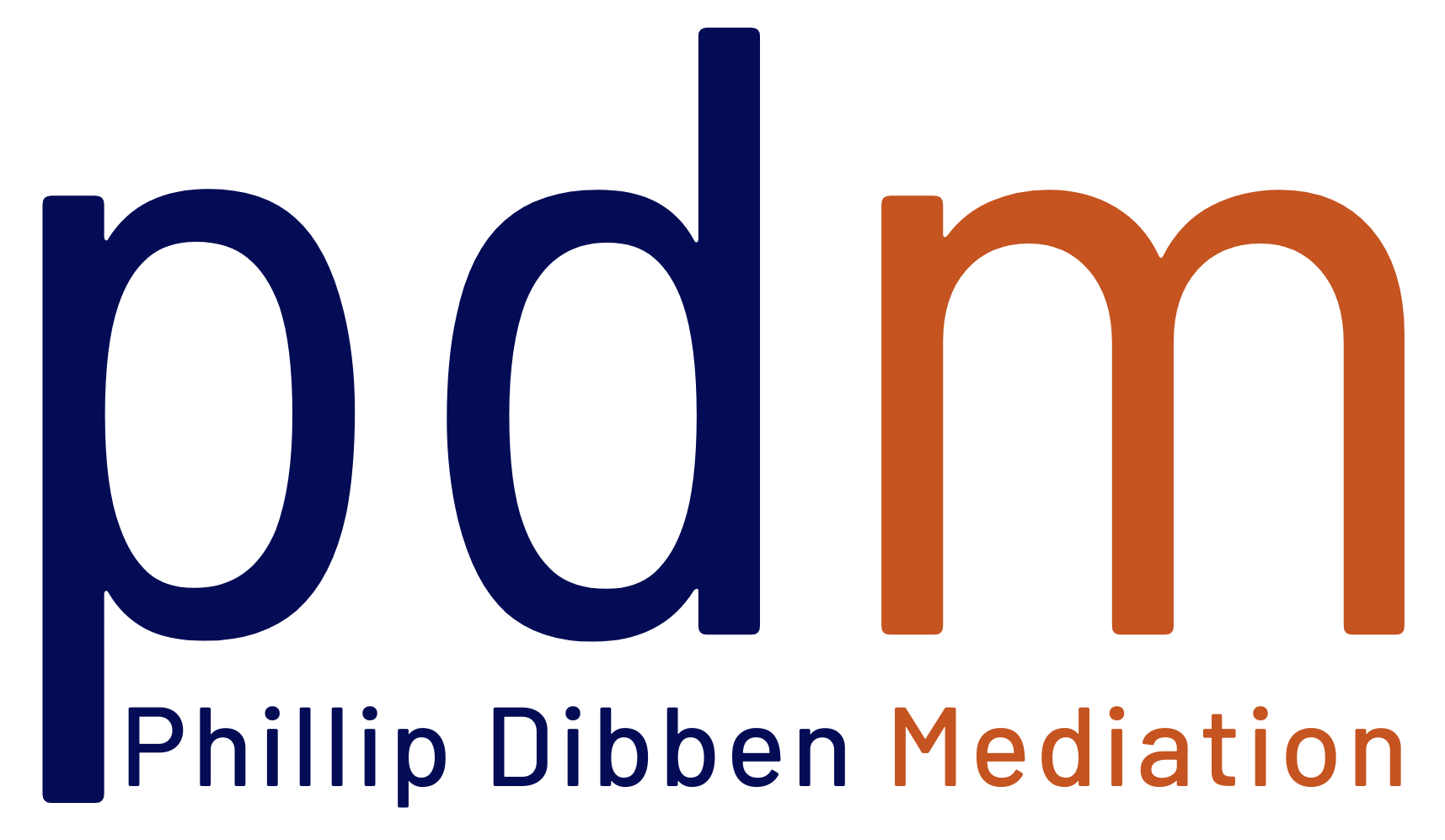You’ve agreed to mediation, now what?
The idea of mediation can be daunting. This could be from fear of the unknown, or from rehashing emotional and confronting issues around a conflict. If this worries you, you don’t have to go it alone. You are allowed to have your support network available, either remotely or within the mediation itself, to help you through it. Everyone involved in the mediation, including anyone there to support you, is bound by a confidentiality agreement which they must sign. As far as the law allows, discussions held in mediation can’t be used in any future legal actions. All notes and records of the meeting are destroyed, other than the mediated agreement if you reach that point.
Each party needs to bring good faith intentions to the mediation, an openness to listen and look for fair solutions. This might include working out beforehand what items are non-negotiable for you, and where you are willing to compromise. Be prepared to settle, or have the authority to settle, rather than deferring to another third party. If someone else is the decision maker, they should be present at the mediation too. This is not about winning or losing, it is about resolving as fairly as possible. Mediation is one of the last chances you may have for a self-determined outcome, negotiations are best conducted with respectful language and without interruption to give the process the best chance of success.
Each disputant will have the opportunity to provide an opening statement. This gives you the chance to provide details of how you reached this point and what you are seeking to get out of a resolution. These opening remarks are presented without interruption from anyone else. If there is anything said that you may wish to raise later in the meeting, jot down a note to remind yourself. It is important you get to address all the issues which matter to you during this process.
The Mediator’s role is to be an impartial and neutral voice to the negotiation and to ensure each voice is heard equally at the table. They will attempt to use your stories to help reframe the dispute as something that both parties are able to work within. While mediation is a safe space, the idea of speaking up can still feel intimidating at times. Private meetings between the mediator and each individual party may be requested or offered, ensuring you have an opportunity to speak freely. Anything raised remains confidential, a mediator will only share information from those individual meetings with the disputant’s express permission. Generally, this would be matters that you wanted to share but perhaps did not want to, or feel able to, raise yourself.
Mediators establish the context and causes of a conflict to help design the best process for facilitating a resolution. They look for any complexities which are causing each side to perceive things differently and help clarify issues which are causing roadblocks in resolving the matter. The mediator’s key skill is to be able to summarise each party’s narrative with the aim of bringing the narratives closer together so each side can negotiate/collaborate effectively and arrive at a solution.
The mediation process may only take one session, or it may take several. Each situation is different and is tailored to the individuals involved. The success of the sessions revolves around the willingness of each side to share honestly, to listen and understand, to make concessions where needed. The aim is to walk away with an agreement you’ve reached yourselves rather than a settlement dictated by someone else.
If you would like to find out more about our services, please contact phillip@pdmediation.com.au
References:
- Australian Disputes Centre Training Guide, 2021
- NADRAC (AUSTRALIAN DISPUTE RESOLUTION ADVISORY COUNCIL), Your Guide to Dispute Resolution, 2012
- Staying with Conflict, Bernard Mayer, 2009, John Wiley & Sons




